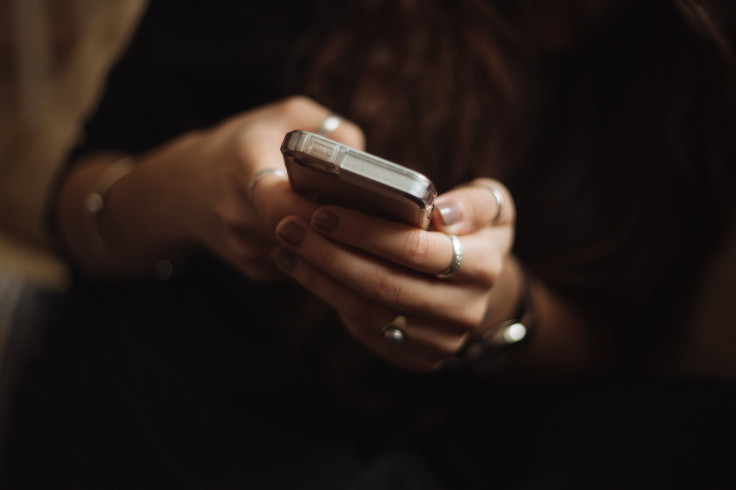
The Broward County School board has voted unanimously to ban cellphone and headphone usage in class, claiming they have become too big of a distraction. The measure, which follows other similar ones enacted across the country lately, will go into effect when the next school year begins on August 12.
Concretely, students will have to store their phones and put them on airplane mode unless the teachers tell them otherwise. Headphones will be banned as well, and all devices will be allowed in the case of an emergency.
"It's gonna change the amount of learning that happens. It's gonna change the amount of time they talk to other students. It's gonna change the teacher's ability to teach those students and capture their attention," school board member Dr. Allen Zemen told NBC Miami.
"It's about us saying to students that we care so much about you, we don't want you to use these harmful devices with these addictive tools on them which cause you mental health problems," he added.
The decision comes roughly a month after the Los Angeles Unified School District's Board of Education approved banning cellphone and social media usage during the school day. The ban will expand on existing policy from 2011 which bans cellphone use during the school day "excluding lunch or nutrition breaks."
California Governor Gavin Newsom said he supports such efforts across the state. In 2019 he had signed legislation allowing districts to limit or ban smartphone use at school. The measure, however, didn't require them to do so.
To back his claim, Newsom made reference to a statement by the country's Surgeon General, who said social media is harming teenagers' mental health and asked platforms carry tobacco-style labels warning about their danger.
The decisions also come a few months after the American Psychological Association (APA), a top group in the country, urged lawmakers and social media companies to do more to protect minors from the networks' impact on their mental health.
Features like endless scrolling and push notifications are "particularly risky" addictive experiences, and the fact that their brains have not fully developed yet mean it's harder for them to disengage, the association said.
The group also requested fundamental design changes, rather than cosmetic ones like age restrictions, as kids usually find ways around them. Florida also recently passed a restrictive social media law for minors, which bans accounts for children under 14 and requires parental permission for those aged 15 and 16. It will take effect on the first day on the next year.
© 2025 Latin Times. All rights reserved. Do not reproduce without permission.





